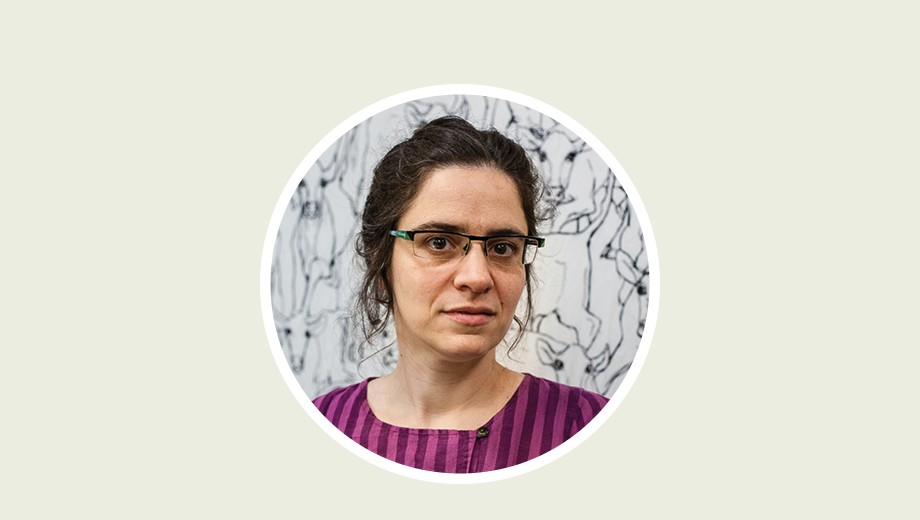In a New York Times op-ed in March, soon after the COVID-19 pandemic began to upend ordinary life on a global scale, Agnes Callard, AB’97, an associate professor in Philosophy, hazarded an explanation of why some of us were suddenly drawn to apocalyptic stories. Why fuel your distress by screening 1995’s Outbreak or picking up Cormac McCarthy’s harrowing 2006 novel The Road?
Because we value being in touch with reality, Callard wrote, including in hard times. To opt for alienation or numbness, while tempting, is ultimately “worse than feeling bad—even if it feels better than feeling bad.”
To be fully present in a pandemic is an acute example of something philosophy has asked of us for millennia: to examine ourselves clearly, in the context of our own mortality. “The first source I know of for the idea of philosophy as preparing to die is Plato’s Phaedo,” says Callard, who specializes in ancient philosophy and ethics. “And there is some parallel between the thought that philosophy is preparation for death, and that humanity has to prepare for its own death.”
The specter of apocalypse prompts us to do philosophy writ large, examining the value and meaning not only of our lives as individuals but also of the entire human project. “There’s a very tempting thought of just putting your head in the sand and not thinking about this question,” she says. “Look, we do our thing, we have our children, and then there’s the next generation.” And yet the thought of humanity’s end is what reveals its finite and contingent character, which helps us to examine it as a whole.
One of Callard’s own judgments here is that history includes genuine, if uneven, progress, and that this is a big part of what gives the human project value. The best example, she believes, is the notion of intrinsic human rights, which was prefigured in ancient religion and philosophy before reaching “full flower” in the Enlightenment.
“I think there are things like that that we’re still working on,” she says, noting a general sense in which humanity progresses: each generation has the benefit of all prior generations’ thinking. By digging into these conceptual foundations—something philosophers specialize in—we can become more critical in our acceptance, or rejection, of traditional concepts.
Callard’s contributions to public thinking go well beyond philosophical reflections in light of COVID-19. In addition to her more scholarly pursuits—including a 2018 book on the nature of aspiration, or seeking to become a different person—she regularly engages with broad audiences through op-eds and essays, podcast spots, and Night Owls, her popular recurring late-night philosophy chat session with UChicago undergraduates, which became virtual during Spring Quarter.
As lively and engaging as these discussions can be, Callard maintains that philosophy, including public philosophy, has a serious function. Whether we are facing a pandemic or just looking in the mirror, we are tempted to avoid fundamental questions that disturb us. “Philosophy,” she says, channeling Plato’s myth of the cave, “turns the soul around to face the light.”

